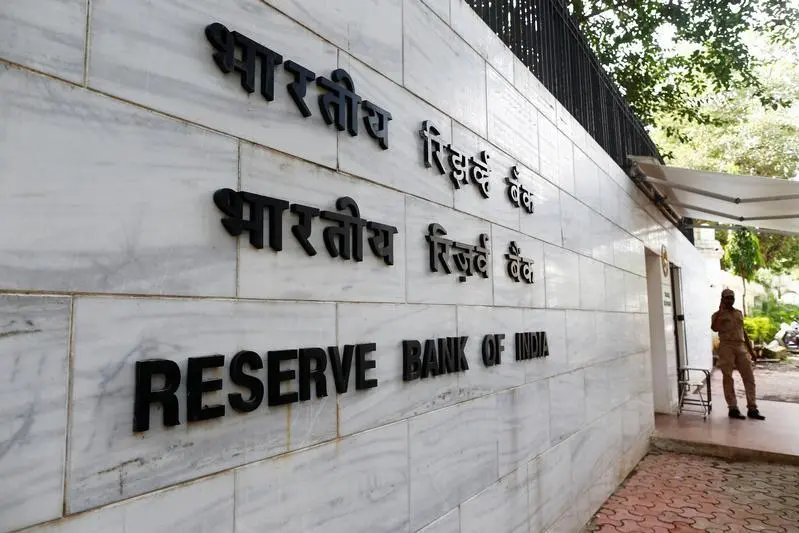PHOTO
NEW DELHI: A senior Indian government official has opposed and delayed proposals from a Reserve Bank of India (RBI) panel that the central bank keep most of its so-called "excess reserves" rather than hand them to the central government, sources familiar with discussions said.
The sources said the move was made by Finance Secretary Subhash Chandra Garg, one of six panel members, but it was not immediately clear if it could block the proposals or lead to changes in them.
Garg and the finance ministry did not reply immediately reply to emails from Reuters seeking comment.
Earlier, the government of Prime Minister Narendra Modi indicated that the RBI has excess reserves of more than 3 trillion rupees ($43.22 billion), or 30% of total reserves of around 10 trillion rupees.
The government is particularly keen to find a way to get the excess reserves as it needs funds to stimulate a weakening economy hit by sagging consumption at a time tax collections have fallen short of target.
The sources said the panel's report, originally anticipated in April, has been delayed for a fourth time and now is expected after the budget on July 5.
The uncertainty around the panel's recommendation will make new Finance Minister Nirmala Sitharaman's task of funding India's fiscal deficit harder as she is set to present the budget. She will need to account for the RBI's dividend expectations for the year without knowing the final figure.
BALANCING NEEDS
The sources said Garg has not given his backing to the conclusions by the other members as he thinks the figure they are talking of transferring to the government is too small.
"One person has been dissenting. Mr. Garg wants higher money to be transferred and has the right to have that view ... we all agree that RBI has excess funds but we can't take the entire fund and transfer it," one source said.
The panel has tried to balance economic growth needs and the unforeseen risks that the RBI might face, this source said.
The sources also said that the panel has created a space for a dissent note in the report, though Garg has not agreed.
The panel was set up in December following heated discussions over revamping the framework that guides the amount of profits the RBI shares with the government through a dividend. The argument was one of the key reasons for Governor Urjit Patel's sudden resignation late last year.
Deputy Governor Viral Acharya, whose resignation was only disclosed on Monday, had also defended the RBI's excess reserves and warned against any transfers to the government.
The sources said the transfer of funds from the RBI would start in the current fiscal year, which ends in March 2020, and continue for at least two more years.
($1 = 69.4203 Indian rupees)
(Additional reporting by Krishna V Kurup in Bengaluru; Editing by Martin Howell and Richard Borsuk) ((Reuters Messaging: Krishna.VKurup@thomsonreuters.com ; +91 80 6749 1310; Reuters Messaging: Krishna.VKurup.thomsonreuters.com@reuters.net))





















